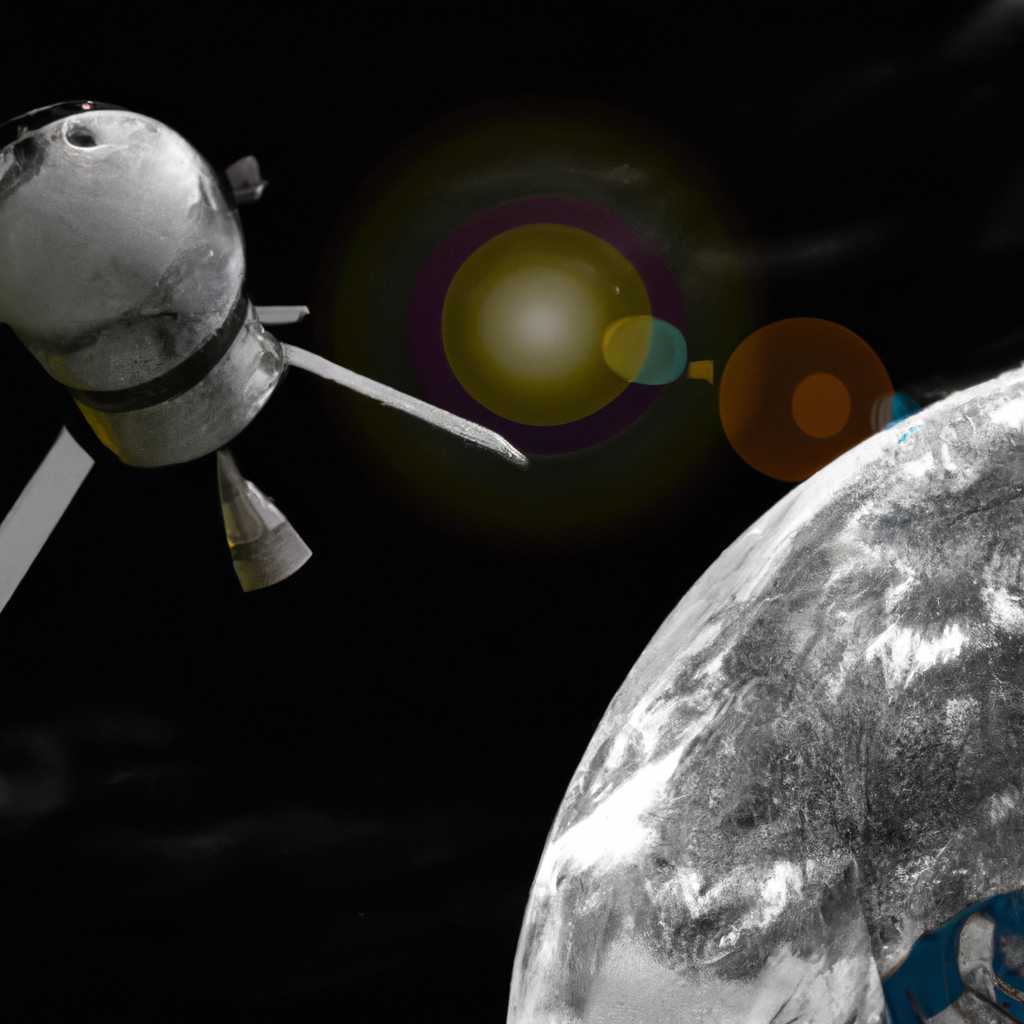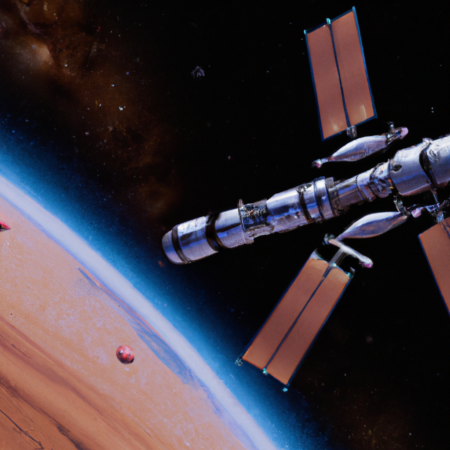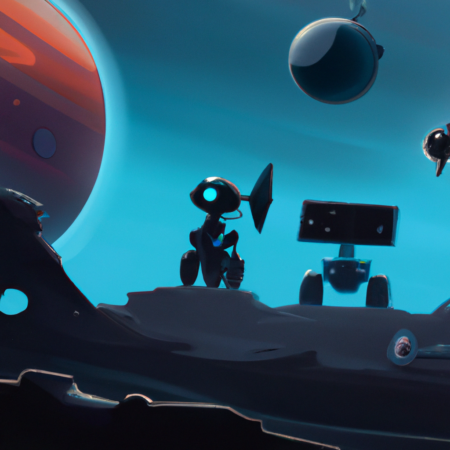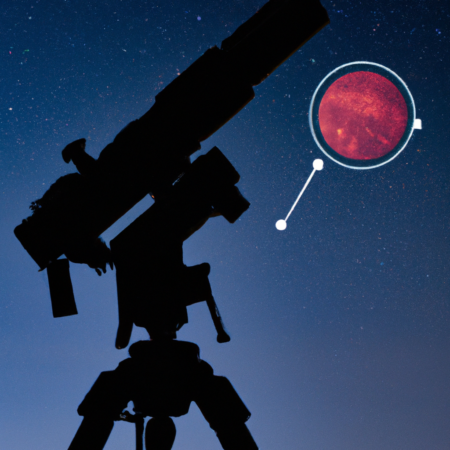Exploring New Frontiers: Space Missions Set for 2025
As we venture further into the second quarter of 2025, the landscape of space exploration is witnessing transformative changes. With several groundbreaking missions scheduled for launch, humanity’s quest to understand the cosmos is reaching new heights. This article delves into the details of these pioneering missions and their objectives.
The Artemis Program: Returning Humans to the Moon
Leading the charge is NASA’s Artemis program, aimed at returning humans to the Moon by 2025. Unlike previous lunar missions, Artemis focuses on establishing a sustainable human presence on the Moon, paving the way for future Mars missions. This mission will also see the first woman set foot on the lunar surface, marking a significant milestone in space exploration.
James Webb Space Telescope: Unlocking Cosmic Secrets
The James Webb Space Telescope (JWST), already in orbit and fully operational, continues to send back unprecedented data. Its observations are expected to redefine our understanding of the universe, from the earliest galaxies formed after the Big Bang to the atmospheres of potentially habitable exoplanets.
Commercial Spaceflight: The Role of Private Companies
2025 also witnesses an increased role of private companies in space travel. Companies like SpaceX, Blue Origin, and others are not only providing launch services but are also actively developing habitats and other technologies essential for long-term space missions. Their involvement is expected to accelerate the pace of space exploration and make it more accessible.
International Collaborations: Enhancing Global Cooperation
Another significant trend is the enhanced international cooperation. Countries around the globe are collaborating more than ever to achieve common goals in space. This cooperation is visible in shared missions, research projects, and policy making, which are vital for tackling challenges like space debris and policy regulations.
As we look forward to the rest of 2025 and beyond, it is clear that the boundaries of human knowledge and capabilities in space will continue to expand. These missions not only promise to enhance our understanding of the universe but also to inspire future generations of scientists and explorers.






